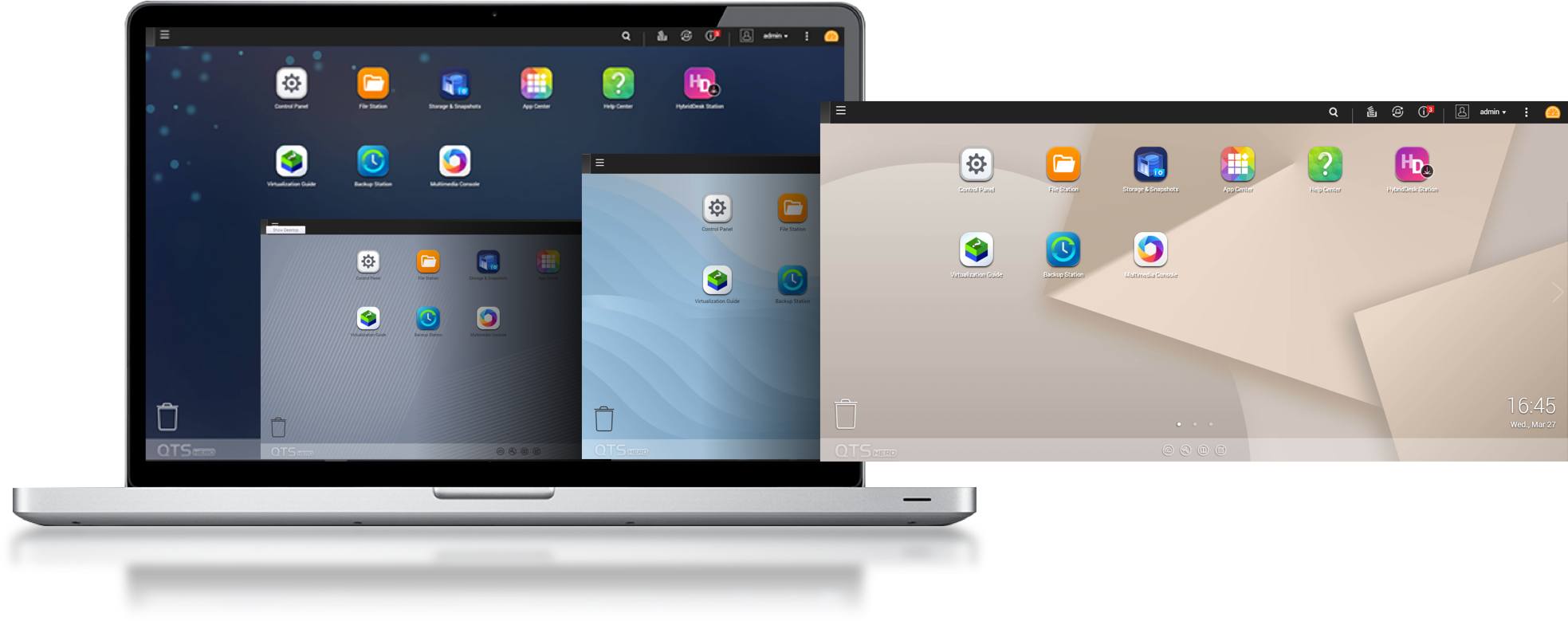
Co je QuTS hero?
Jedná se o nově vyvinutý QNAP NAS operační systém, založený na QTS, ale s pokročilým ZFS souborovým systémem, jenž poskytuje:
- lepší integritu dat
- větší ochranu úložiště
- vyšší celkový výkon
- QTS funkce, stejné aplikace a UI
Webová stránka o QuTS hero (CZ): https://www.qnap.com/qts-hero/cs-cz/
Youtube video s představením QuTS hero
